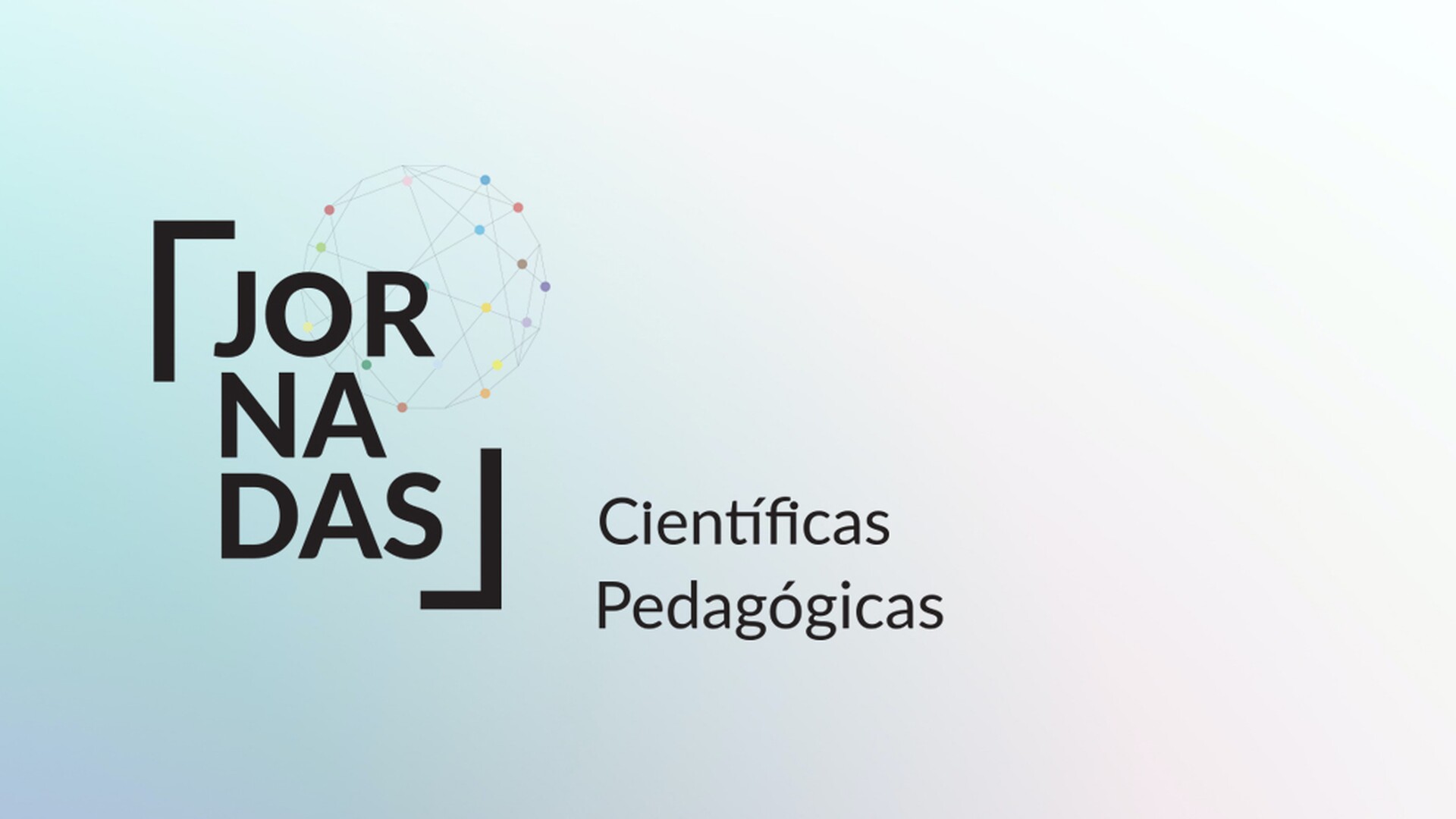In 2022, Universidade de Lisboa will start a regular cycle of Conferences. Given the relevance of the two main dimensions on which academic life is based, teaching and research, this initiative is expressed in two moments: the Pedagogical Conferences and the Scientific Conferences .
ULisboa organises cycle of Pedagogical and Scientific Conferences

The purpose of these events is to gather teachers, students and researchers, but also technical and administrative workers from ULisboa, to discuss topics of common interest and strengthen links of interknowledge and cooperation. Although the Conferences are mainly for internal debate, they are open to speakers and guests from other national and international institutions.
The main goal of the Pedagogical Conferences is to promote a broad discussion of the proposed themes. The event will be organised in order to favor the exchange of opinions and the sharing of experiences.
The Scientific Conferences aim to reflect on how the university creates, transmits and socially and economically values knowledge and culture in the face of the appeal of sustainability.
Due to the relevance and topicality of the addressed subjects, Universidade de Lisboa calls the academic community to participate in these two events.
The first edition of the Pedagogical Conferences of Universidade de Lisboa will take place on May 4, 2022.
Teaching 4.0: Digital Transition will be the theme of the Conferences, a choice resulting from its relevance in current pedagogical agendas and the great centrality it acquired with the Covid-19 pandemic.
The qualitative leap that was announced many years ago, with the intersection of traditional education with new information technologies, has become faster and broader than expected. The discussion on the impact of adopting new technologies in teaching and learning, on the potential associated with the combination of synchronous and asynchronous moments in learning using blended and flipped learning models, or on the outlines of the accreditation of online courses, for example, has become mandatory.
- Session 1: Digital transition in higher education. Impact on teaching-learning processes
- Session 2: Technology and pedagogy. Blended learning, hybrid/mixed models
- Session 3: Online learning: pedagogical methodologies, evaluation, legal aspects, and accreditation of study cycles
Free participation, subject to prior enrollment.
The first edition of Scientific Conferences of Universidade de Lisboa will take place on June 28, 2022, under the subject “The 2030 Agenda for Sustainable Development: Embracing Societal, Technological and Environmental Challenges at ULisboa”.
The theme of these Conferences is “The 2030 Agenda for Sustainable Development: Embracing Societal, Technological and Environmental Challenges at ULisboa” and it was chosen due to the relevance of this subject in the current international research agendas, as to the great centrality that it acquired with the COVID-19 pandemic.
Universidade de Lisboa is in a privileged position for a broad discussion on the challenges of sustainability in the new frontiers of knowledge.The Conferences will bring together cross-cutting scientific areas and will highlight the present and future contributions of the research developed at Universidade de Lisboa for the achievement of the UN Sustainable Development Goals.
- Environmental Sustainability
Planet Earth's environmental sustainability is at risk. In this session, we will discuss how we propose to reduce greenhouse gas emissions, extreme weather events and deforestation, and how we counter excessive energy consumption and biodiversity loss, considering more resilient and prosperous ecosystems.
- Social Sustainability
Social sustainability needs new approaches and solutions. In this session, we will examine strategies to promote health, well-being and education, as well as ensure human rights of especially vulnerable groups, precarious workers, minorities, women, children, the elderly, people with disabilities, bearing human dignity in mind.
- Community Sustainability
Community sustainability is at risk. In this session, we will assess our contributions to ensure more effective institutions, infrastructure and housing, making mobility more efficient, planning community management in a participatory and inclusive way for migrants and refugees, and safeguarding the world's cultural heritage with resilient and sustainable communities in mind.
Participation is free, but subject to prior enrollment.
Programme: available soon
ULISBOA NEWS
Para que esteja sempre a par das atividades da ULisboa, nós levamos as notícias mais relevantes até ao seu email. Subscreva!





